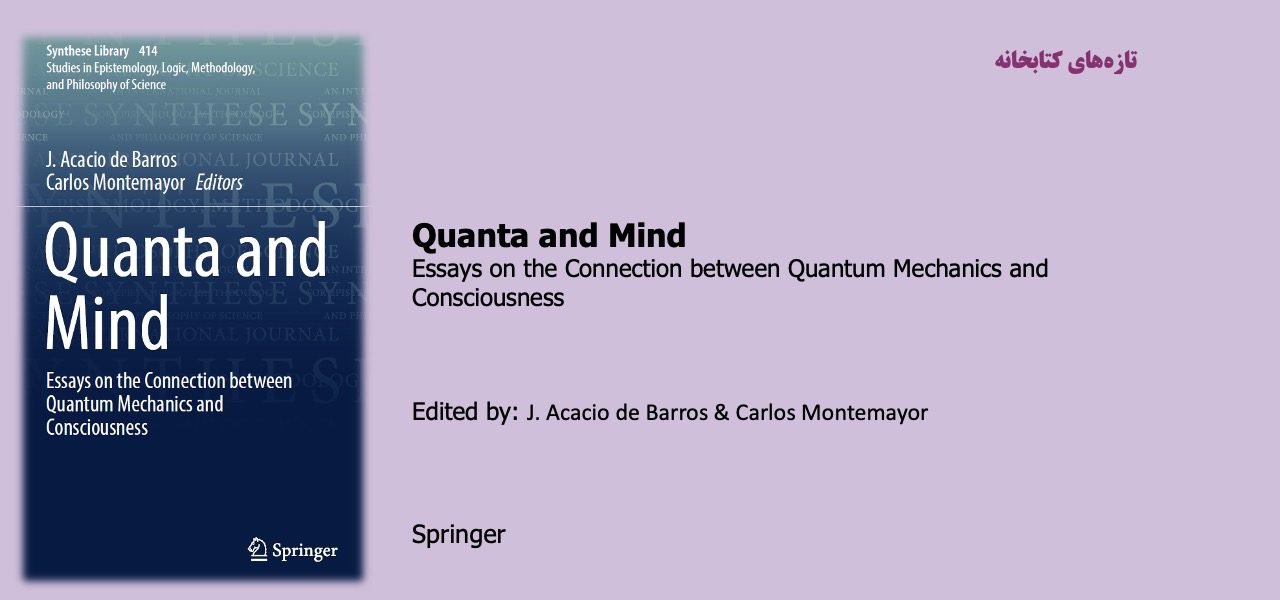Quanta and Mind

The debate surrounding the interpretations of quantum theory has been lasting for longer than 100 years, with dramatic exchanges among the founders of quantum mechanics as well as the leading physicists of the last century. Although there has been some progress in terms of no-go theorems and experiments, the status of the debate is still quite open, with no clear consensus or even a majority position (Schlosshauer et al. 2013). There are more interpretations that one should desire, considering that these are wildly different approaches to the foundational theory of physics. Furthermore, the available interpretations leave us with a difficult choice:
either think of quantum theory as merely epistemic or accept wild ontological premises. If things keep moving in the direction of more, rather than less, interpretations of quantum mechanics, there will be legitimate concerns that the debate is regressing rather than progressing. Crudely speaking, two main paths have been taken with respect to interpretations.
In one direction, most famously espoused by Bohr, we have epistemic interpretations, such as QBism (Fuchs et al. 2014), the Copenhagen interpretation (see Jaeger 2009), or the modal interpretation (van Fraassen 1991). In the epistemic approach, quantum theory tells us nothing about the world but only about what we can say about the world. In the other direction, more in line with the one preferred by Einstein, we have ontic interpretations, such as the many-worlds (Everett 1957; De Witt 1970), the consciousness causes collapse (Stapp 1999), or Bohm’s pilot wave (Bohm 1952; Holland 1995). Those interpretations attempt to understand what quantum theory is telling us about what the world actually is.
مطالب مرتبط

کتاب تمرین درمان شناختی – رفتاری برای مشکلات سلامت روان
۱ / اردیبهشت / ۱۴۰۴

درآمدی بر روانشناسی خرد
۱ / اردیبهشت / ۱۴۰۴

سرشت – چگونه سیمکشی مغزهای ما هویت ما را تعیین میکنند؟
۱ / اردیبهشت / ۱۴۰۴

